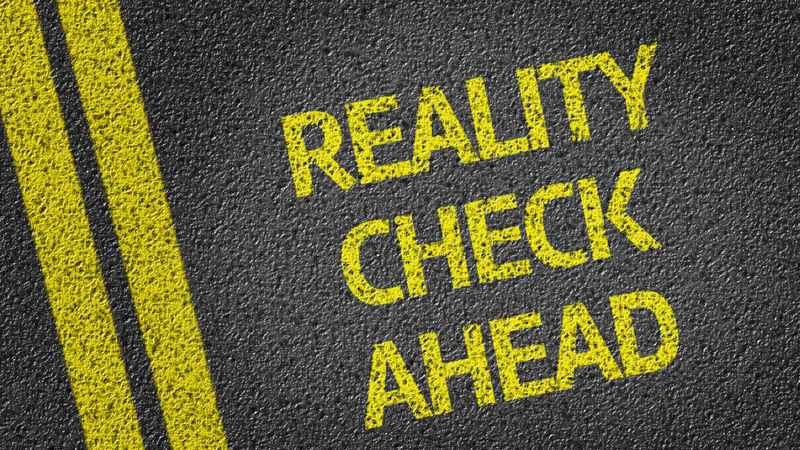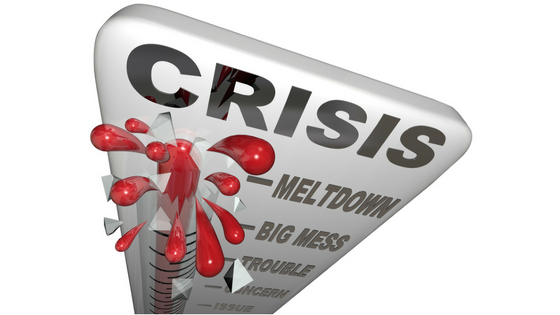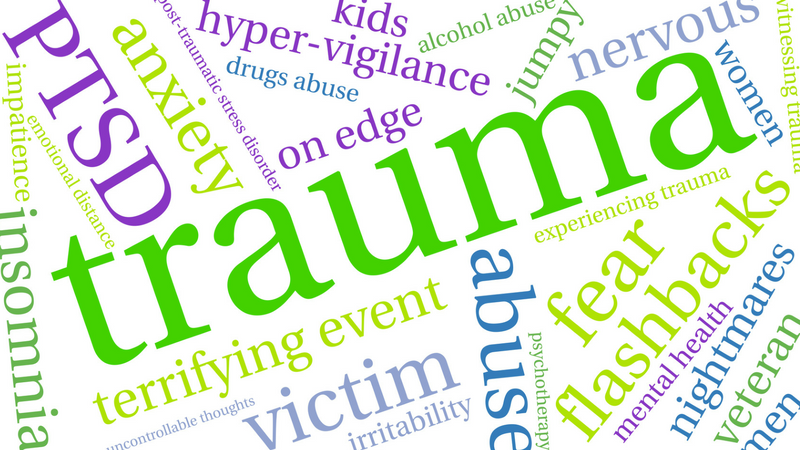Radical Acceptance: Accepting the Unacceptable
When I think of people living with a mental illness, I think of control. I didn’t always think of it in this way, but as I’ve continued to lead my support groups, I’ve come to realize how much of the healing process involves figuring out what is in and out of our control – and, from there, determining our response.
It seems counter-intuitive, in some respects. At least for me, when I first entered the recovery process, I expected it to be all about me. Me, taking my meds. Me, going to therapy. Me, responding differently in relationships. Me, righting wrongs and repairing damage. Me, controlling all the outcomes.
Not quite.
I definitely had work to do. I had (and have) to take my meds; I still go to therapy; I respond differently in my relationships.
Do you know what I found? Just because I respond differently, doesn’t mean that others will meet me in that same place. They don’t always adjust their responses to match my new reality. They don’t always respond the way I want them to.
Sometimes, I’ve worked hard to help them see me as the new person I am, as someone who has done the work and now responds more maturely. For whatever reasons – maybe they didn’t do the work, maybe trust in the relationship wasn’t repaired yet, maybe they didn’t want to see me differently – breaking the old dynamic was out of my control.
Here’s another one: I recently discovered that articles I’ve written on a major blogging site were ripped off wholesale — images and titles included — and transported to another site with attribution to a different author. The offending website didn’t do this with only my work; there were thousands of stolen posts up on this site. My three options were all terrible:
1. Stop what I was doing, find every stolen post and immediately work through the DMCA takedown process;
2. Put off searching and filing for the copyright takedown process until I have more time; or,
3. Let. It. Go.
Here’s what made these options equally terrible: In the first, I easily lost at least two hours of work and pushed off pressing priorities around book publishing and website development (both major high-stakes projects). The third option looks like the easiest: Letting it go, letting it leave my mind and moving on. The problem is that uncontested copyright infringements make future fights more difficult. In the second option, all I was doing was pushing off the work to another time – and who knew when that would be? Functionally, I feared, it would become the third option of letting it slide.
Two situations, both outside my control. Two situations that caused me significant grief. Two situations that couldn’t be problem-solved in a way that made me happy.
At some point, we are only left with one choice: Radical Acceptance.
Radical acceptance is a Dialectical Behavioral Therapy (DBT) skill. When we practice radical acceptance, we are saying, “I know I can’t change this situation. I know I’m unhappy with this situation. I know my unhappiness won’t change the situation; it only hurts me. I’m choosing to accept these facts; I’m choosing to accept that the situation is what it is.”
When we radically accept a situation, we choose to stop fighting it.
I’m not saying this is easy; radical acceptance is easily in the top five of the most challenging skills I’ve ever learned. In fact, we are taught that when we find we’ve lost our acceptance of the situation, it’s time to recommit to it.
One woman in the group told about her daughter moving out of the house to live with her boyfriend. This situation violated every moral value with which the mother raised the daughter. She was incredibly upset that her daughter made this choice. She also couldn’t stop her daughter, a legal adult. Arguing and fighting the situation only damaged the relationship. After realizing this truth and that her daughter wasn’t going to change her mind, she turned to radical acceptance. It was more important to her to keep the relationship than fight, and keeping the relationship meant radically accepting her daughter making choices the mother disagreed with.
One point that was emphasized in the class – and that I’ve learned for myself is true – is that we may need to practice it several times for a situation. For the mother in my group, she could get to a place where she became OK with the situation and then later find herself emotional about it all over again. For me, it was anger and frustration over the copyright infringement. Each time, it meant recognizing again that all I could control in the situation was my reaction. I have no control over the fact that it happened.
Radical acceptance, though a challenging skill, is useful and important when we come across situations that cannot be problem-solved. For me, remembering that it’s not about letting go but acknowledging the facts helps.
Is this a skill you’ve tried? What’s your take on it?
Looking for daily inspiration and community? Join our warm and supportive Facebook group!









